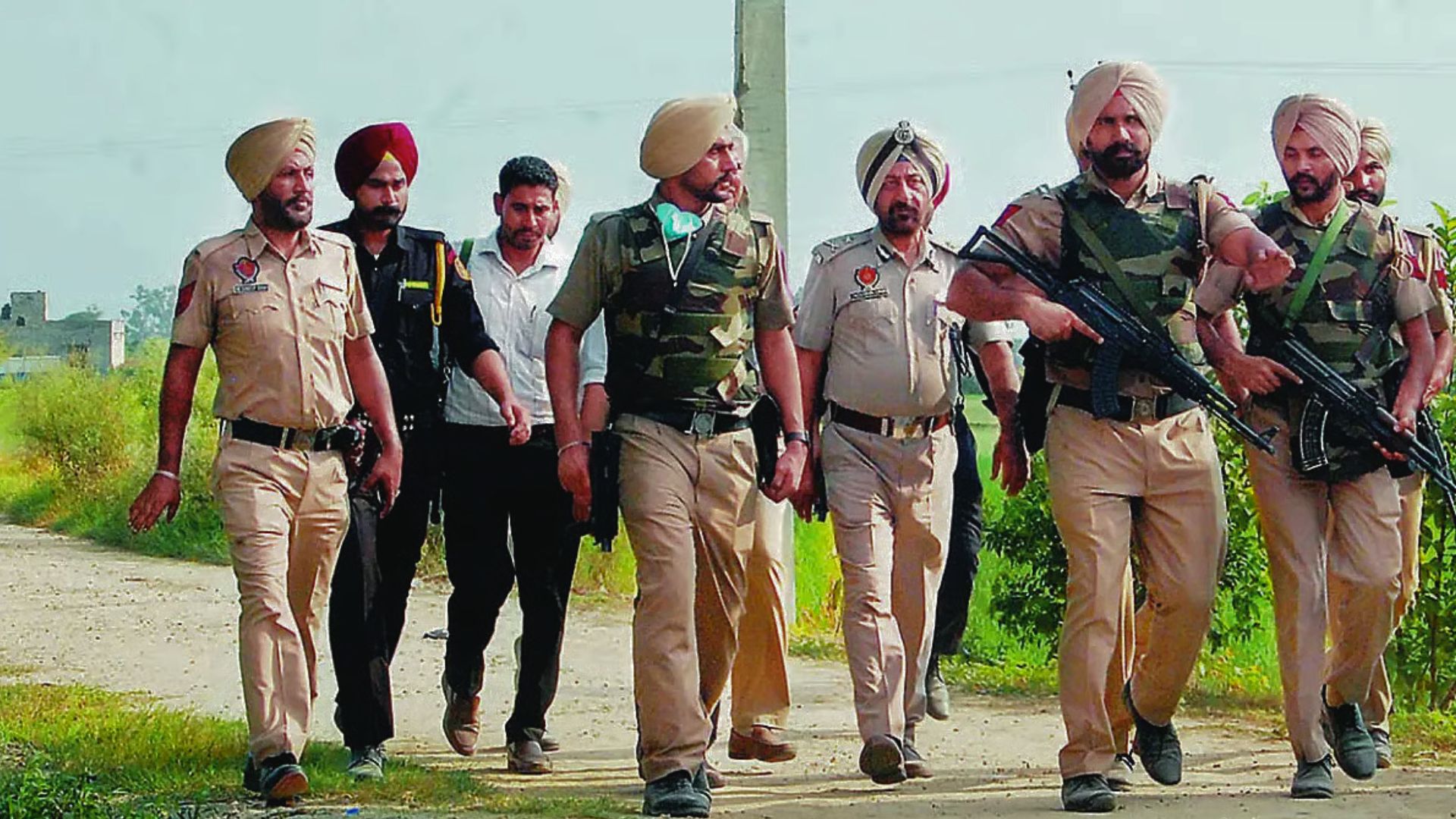In a major economic ‘reform’, the Indian union government has enforced four new labor codes replacing 29 earlier labor laws. The reforms focus on mandatory appointment letters for workers across sectors, guaranteed minimum wage and social security for all (including gig and platform workers), compulsory wage payments, and opening up of night shifts for women in all industries. The Code of Wages (2019), Industrial Relations Code (2020), Code on Social Security (2020), and Occupational Safety, Health and Working Conditions Code (2020) were cleared by Parliament in 2019 and formally brought into effect on 21 Nov. The reason for the delay in their implementation was that labor is a Concurrent subject of the Indian Constitution and the states needed time to formulate their own rules before the implementation of the codes. There is yet no clarity whether all states are now ready to implement the codes. The concerns raised by the labor unions have also not been completely addressed. The implementation was also delayed by the Farmers’ Protest of 2020–21 where they were opposed. The Periodic Labour Force Survey 2023–24 states that Panjab recorded the highest incidence of non contractual agricultural labor nationwide with 84.5% of regular wage employees lacking a formal appointment letter. The labor codes are being opposed by trade unions who have called for a nationwide wide strike on 26 Nov, India’s Constitution Day. In a joint statement they argued that while the government has framed the codes as a simplification exercise, they also enable easier hiring and firing and weaken several long-standing safeguards. Delhi Union of Journalists and Indian Union of Journalists (IUJ) has too opposed the codes as they ‘subsume and virtually abolish two landmark legislations—the Working Journalists and Other Newspaper Employees (Conditions of Service) and Miscellaneous Provisions Act, 1955, and the Working Journalists (Fixation of Rates of Wages) Act, 1958’. The IUJ mentioned that these acts have long served as protective pillars ensuring independence of journalism from employers, advertisers and political power centers.


Get the Liv Forum digest emailed to you weekly.
In accordance with our Privacy Policy, we will never share or sell the information of our subscribers.




%20activists%20upon%20bail%20-%20Lachhman%20Sewewala.jpg)

